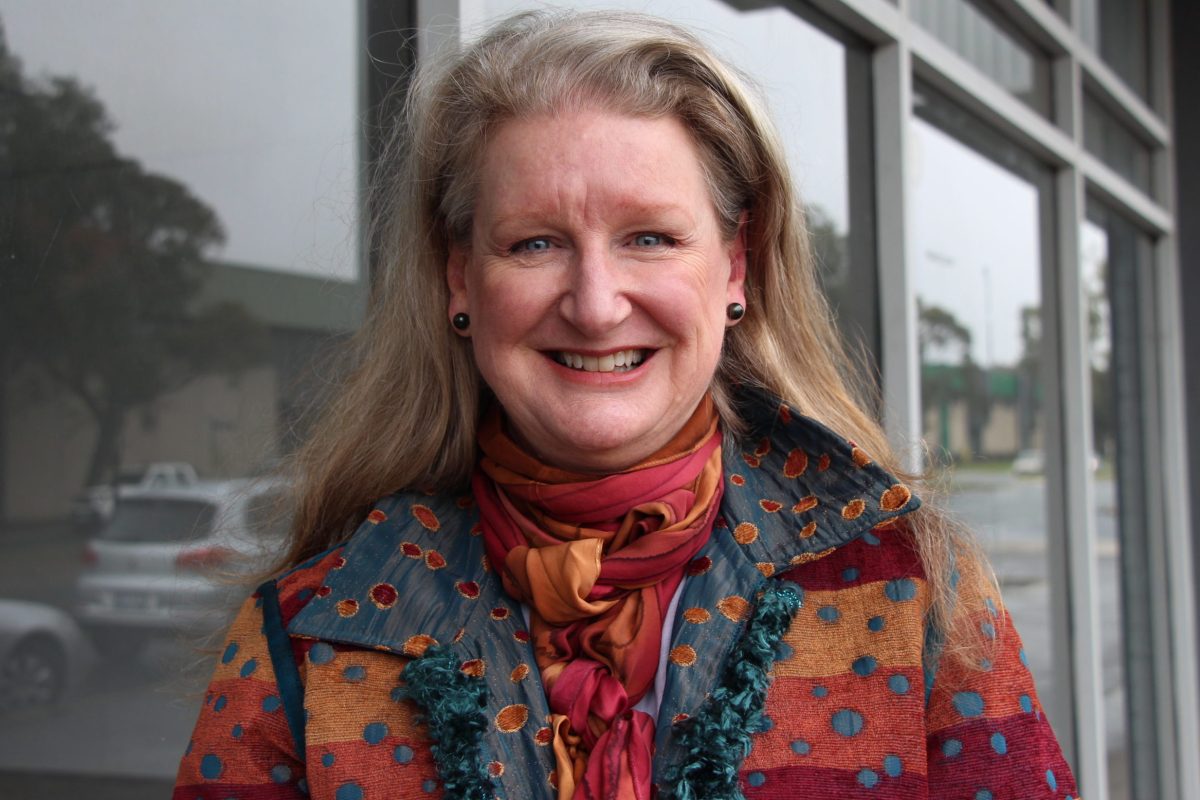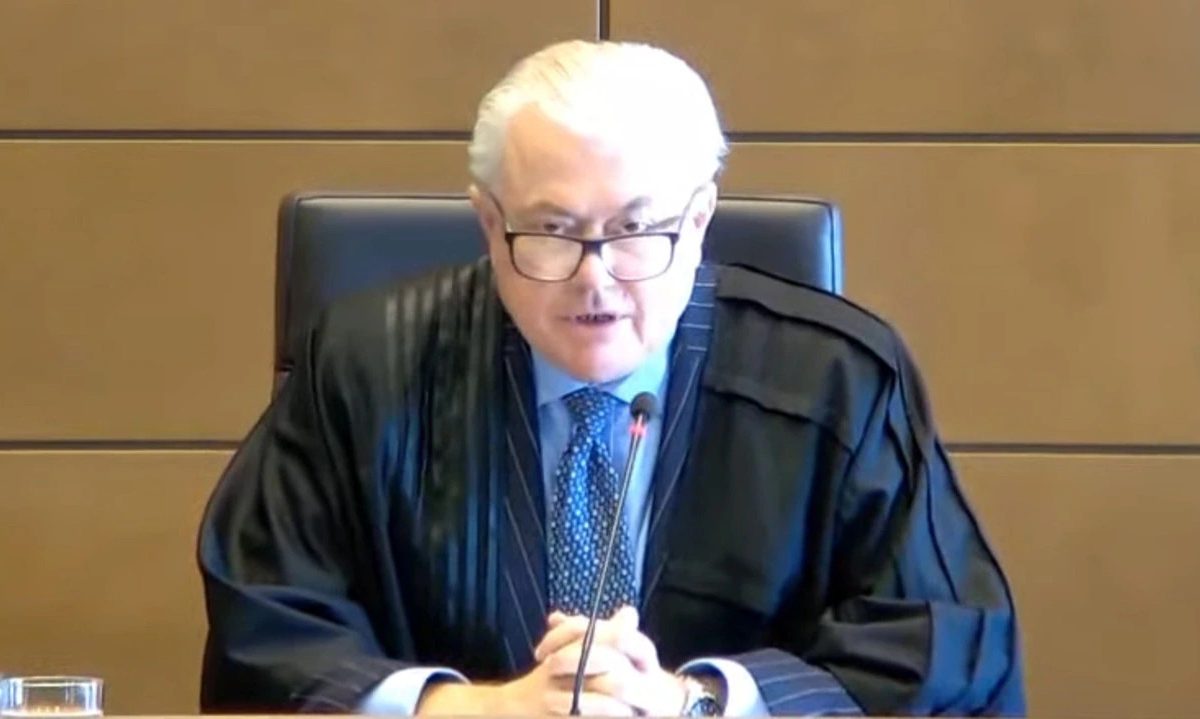
Personally, these responses often create a tension in me, often contradictory, which is perhaps one of the deepest challenges of my generation.
Both my grandfathers served in World War II. One was a lance-corporal who served in New Guinea and Norfolk Island in the watercraft workshops. The other also served in mainly New Guinea, and most likely experienced direct conflict. In at least one of these men there was an ambivalence regarding military service, yet he nevertheless committed himself. The story or narrative that these figures demonstrate to me is one of protection, duty, and sacrifice.
However, my father brings a completely different meaning to such a day.
Many years ago he was arrested for protesting against the Vietnam War. He was dragged off by police, all shown on national TV, for sitting in the middle of the street during an Anzac Day parade holding a sign saying: “Lest we forget, and make the same mistake”. He was at the time training to be a Methodist minister, and was put in jail twice for refusing to register (even though as a theological student he was exempt). The story he represents is one of a strong pacifist spirit, seeking to redeem society and humanity through non-violent resistance.
My current boss represents yet another narrative. Former Brigadier Jim Wallace was the commander of the SAS regiment, and has also worked with the UN visiting refugee camps in the middle of serious conflicts. He tells of the tragedy but necessity of war in a fallen world. The notion is that sometimes we have to make decisions, which though terrible, are required to avoid greater evil. This is the position taken by most historical theologians over the centuries, the theory of allowances for a just war. That is, in rare cases where pure motivation, proper authority, reasonable proportion, genuine empathy, and accurate evidence of aggression are taken into consideration – then war may justified. This story to me is one of struggle to be moral and faithful in light of the sometimes terrible reality.
My Federal Government also has a tale to tell. Over the last 20 years we have seen a massive expansion on the War Memorial and monuments, as well as Australian flags and Anzac services in schools. Clearly, the purpose is to present the Anzac story as part of our national story, and by it create a framework of values to define a citizen’s identity.
Although I try to hold deeply the values of selflessness, love of neighbour, and courage – there are aspects of this national story I find challenging. The songs, silence, candles, stained-glass, and speeches often seem more religious than most church services I have been to in Canberra. The unsettling feeling that I am almost worshipping the State is one that, as a Christian, is often deeply uncomfortable.
My local government on the other hand seems to swing the other way. Its recent motion declared that the ACT Assembly “shall not in any way endorse or be affiliated with any ceremony that involves adherence or affiliation with any religious faith”. I guess that means that there will not be a representative attending Anzac Day ceremony, as all of these kinds of ceremonies (including State funerals) have undeniable affiliation with religious faith. To me, this tells a story of “progress”, interpreted in this case as discarding traditions, foundations, and heritage in order to build new stories with new meaning and new values often reflecting politicians’ own images.
We are all story-tellers, but rather than thinking that we can create our own subjective meaning through these stories, I would argue that all true stories in some way reflect the awesome over-arching story that we all live within.
The story that I would want to tell this Anzac Day would therefore be one focused on people. For me, war tells the story of the fragility of the human creature. The leaders who make the decisions, the individuals who risk that most precious, the families that have been broken, and even those Australians have fought against it, all live in this frailty. We should weep on this day of all days, yet the story that I point to is the one where we are encouraged to continue in the redemptive hope that one day we will live in a world with no wars, no tears, no sorrow, no pain, and even no death (Revelation 21:4). Truly a story worthy of the sacrifice this Anzac Day.
Who can be trusted?
In a world of spin and confusion, there’s never been a more important time to support independent journalism in Canberra.
If you trust our work online and want to enforce the power of independent voices, I invite you to make a small contribution.
Every dollar of support is invested back into our journalism to help keep citynews.com.au strong and free.
Thank you,
Ian Meikle, editor




Leave a Reply